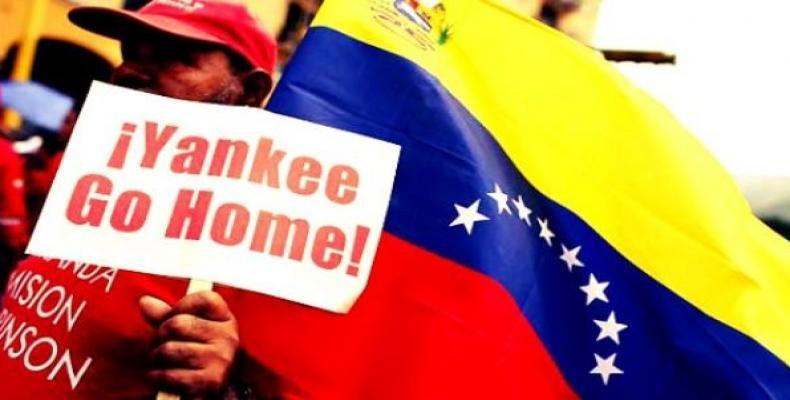Washington, August 10 (RHC)-- The United States continues reprisals against Venezuela for holding elections for the National Constituent Assembly, the ANC, on July 30th and swearing in constituent assembly members five days later.
The U.S. Department of the Treasury's Office of Foreign Assets Control, OFAC, has authorized new sanctions on six members of Venezuela's National Constituent Assembly for being "involved in organizing or otherwise supporting the creation" of the ANC. Another two Venezuelan officials were also sanctioned.
The country held elections for the ANC on July 30 and swore in constituent assembly members five days later, but OFAC states: "Today's designations consist of seven current and former officials of the Venezuelan Government and one individual who has participated in actions or policies that undermine democratic processes or institutions in Venezuela."
Over eight million people voted in Venezuela's National Constituent Assembly election — a turnout of over 41 percent, according to electoral authorities — to choose from 6,120 candidates for the 545-member ANC in a vote that has been described as transparent, with international electoral experts and observers calling for respect for the results.
According to OFAC, six of the individuals belong to the Presidential Commission for the ANC or the Constituent Command 200 Zamora. They are: Francisco Jose Ameliach Orta; Erika del Valle Farias Pena; Carmen Teresa Melendez Rivas; Ramon Dario Vivas Velasco; Hermann Eduardo Escarra Malave and Adan Coromoto Chavez Frias, brother of the late Venezuelan President Hugo Chavez.
Tania D'Amelio Cardiet, an official of the National Electoral Council and Bladimir Humberto Lugo Armas, Commander of the Special Unit to the Federal Legislative Palace of Venezuela's Bolivarian National Guard were also listed. OFAC accused Armas of violence against opposition-led National Assembly members.
As with other sanctions imposed against 13 high-level government officials and President Nicolas Maduro, the individual's assets subject to U.S. jurisdiction are now frozen and people from the U.S. are prohibited from dealing with them.
U.S. Sanctions More Venezuelan Constituent Assembly Members


